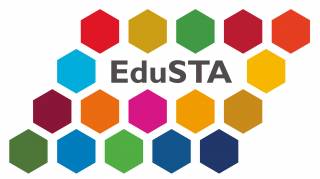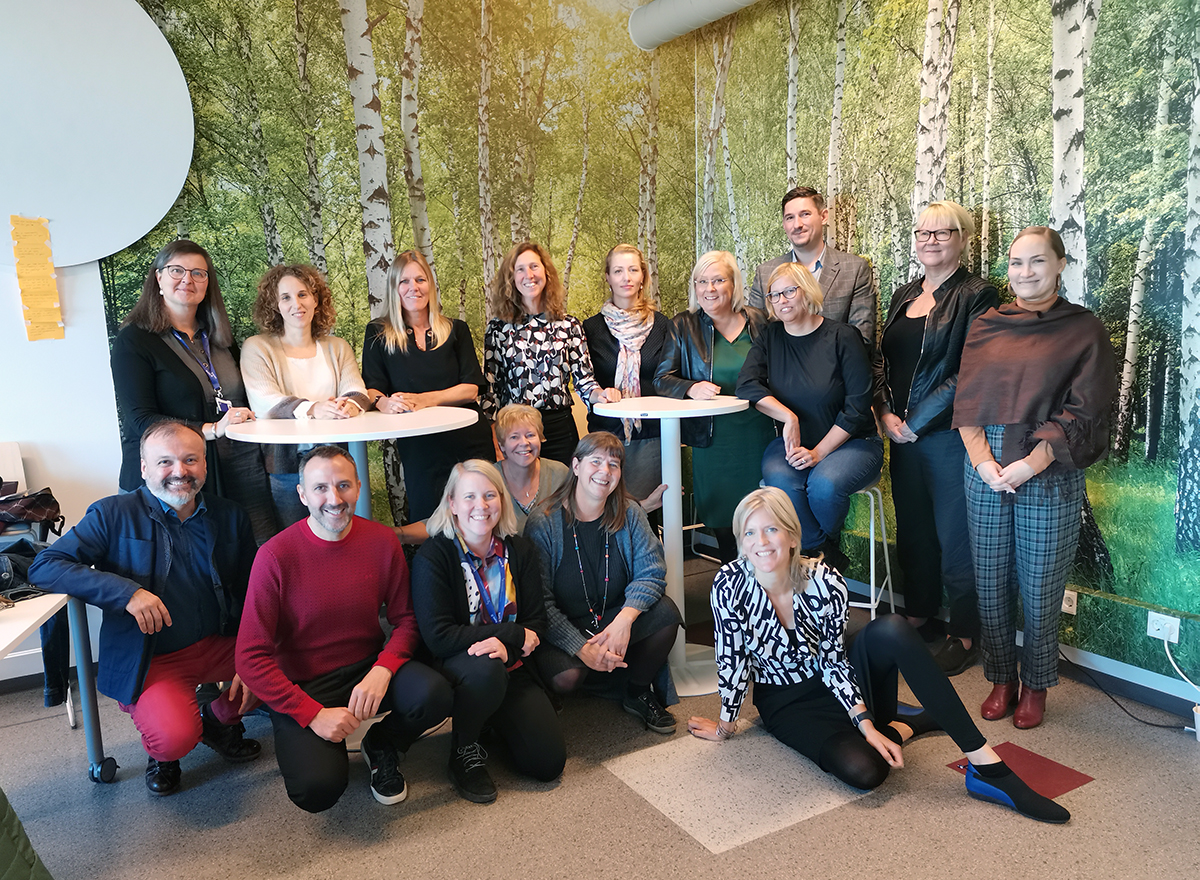Blog – 17 October, 2022
Kick off meeting in Tampere brought together experst in curricula development and teacher training
The official start of the EduSTA project was the 1st of June 2022. The first contact event, where the key EduSTA staff met together, was a Kick Off Meeting held at the Tampere University of Applied Sciences 20-24 September 2022. Let us reiterate the main mission of the EduSTA project. It will have an impact on pre- and in-service teachers at the institutional and policy-making levels. A diverse palette of educational concepts on teachers’ sustainability competences and open digital badge-driven pathways will be designed and implemented. This will support and facilitate the recognition of prior learning as micro-credentials at higher educational institutions and vocational schools at the secondary level in Europe.
The main aim of the Kick Off Meeting was to establish personal relationships between EduSTA project team members and to review the project activities, milestones, and divisions of tasks between the partners. In addition to that, during four days, the participants took part in several fruitful workshops and discussions.
For example, the participants were introduced to the Data Management Plan, Dissemination and Exploitation Plan, and Evaluation Plan of the project. The participants did not spend time on managerial issues only; they also had a chance to learn.
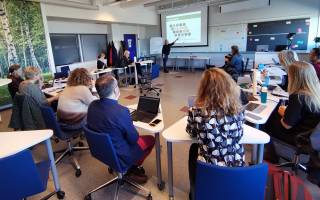
Firstly, a senior lecturer from TAMK, Dr. Sanna Ruhalahti, showed the main principles and functions of the Open Badge Factory LMS. She also demonstrated how lecturers assess tasks completed by students in the application phase to achieve a micro-credential (a badge).
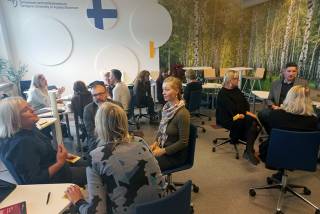
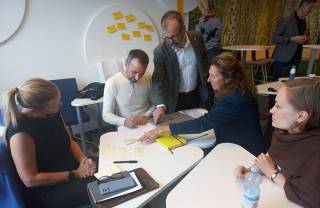
Secondly, the meeting participants could experience how the Finnish LMS works. They assumed the roles of trainees and tried to obtain their first badge in various online courses, for example, Openness to Diversity, Positive Attitude, Self-Awareness and Empathy.
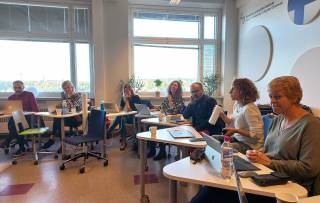
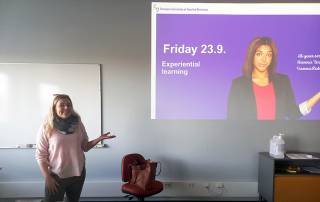
The professional discussions led to several conclusions:
- The participating teacher trainers and researches share the same opinion that teachers’ sustainability competences have been researched widely but a gap remains between the research and the actual work of teachers. There is a need to operationalise sustainability competences: to describe the direct links to everyday tasks such as curriculum development, pedagogical design, and assessment.
- Project partners view the EduSTA project as highly important because it will provide a tool for teachers to plan their professional learning in ESD and certify the acquisition of competences in this area.
- Teachers´ sustainable competences are important to strengthen future skills and they play a key role in training conscious professionals.
- Teachers need to develop sustainable competences to influence their pupils to open their minds to social issues and the environment around them (actual students are closed in an information bubble).
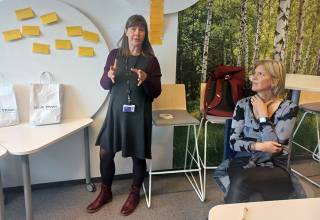
Lastly, Dr. Eveliina Asikainen (TAMK), the leader of the EduSTA team, concluded that teachers were crucial in changing everybody’s behaviour and attitudes to more sustainable and thus guaranteeing a liveable planet.
She planned the next steps for common work on the project activities – it will start with desk research to map the contextual possibilities and restrictions for transformative learning on sustainability, and with operationalising skills. The development of competence-based learning modules and open digital badge-driven pathways will proceed in parallel and will be realised as learning modules in the partnering HEIs and badge applications open to all teachers in Europe.
Text: Barbora Jordánová
Main photo: Anne-Maria Mäkelä
Photos: Barbora Jordánová and Hanna Ylli

